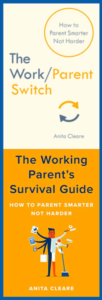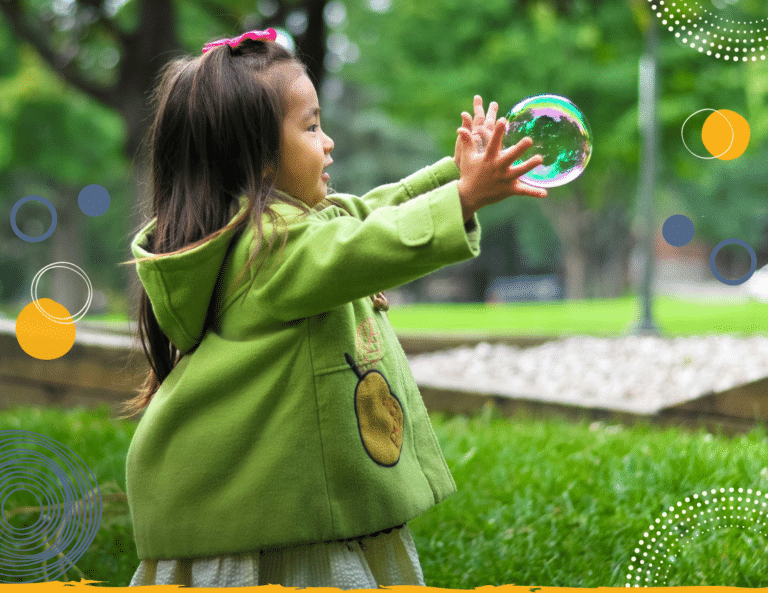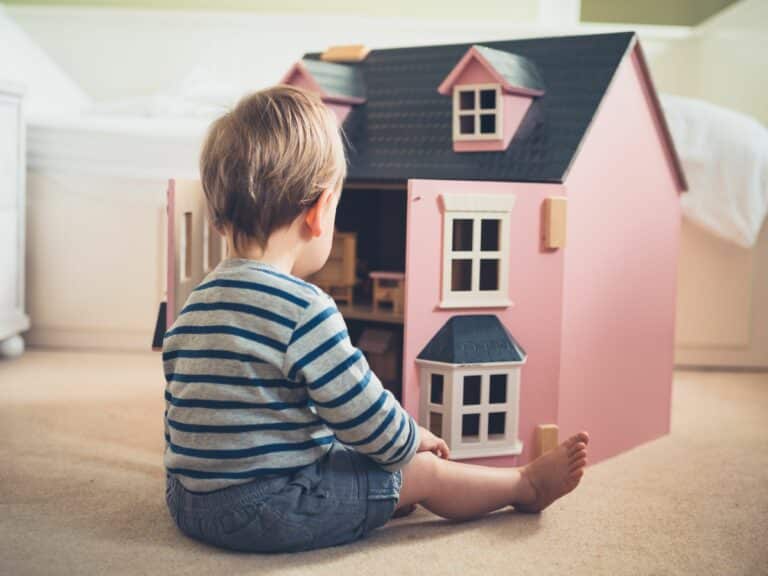Why play is good for parents (as well as children)
When you watch children playing, it is impossible not to be struck by how completely engaged and absorbed they are by what they are doing. Play is the epitome of mindfulness – being 100% in the moment and just going with the flow. 
When was the last time you felt truly in the present moment like that?
There has been a lot of theorising about how mindfulness can improve mental health and emotional wellbeing. Typical mindfulness activities include breathing exercises, meditation and yoga. But, as parents, one of the most valuable ways we can enter an engaged and relaxing flow is through playing with our children.
Now, I don’t mean the type of playing where parents are in charge. Not the type of play where you tell your child what to do or control the activity. I mean joint and reciprocal play where you are both equal and feed off each other’s ideas and signals. Like children do together.
The type of play where you tune into each other, suspend your typical roles and have real fun.
It might be running around play, or dressing up role-play, or creating something together, or a game of Snap! or a car race on a computer game – it doesn’t really matter what it is as long as you are both engaged and enjoying it.
Play is a great way for parents to relieve stress. It is as close to being truly light-hearted and carefree as most parents get, a wonderful feeling. But it can do much more than just relieve stress.
Even short bursts of playfulness can bring huge rewards in terms of building a relationship with your child, enjoying each other’s company and breaking down barriers. Playfulness requires you to tune in to your play partner, to read their mood and intentions. It requires trust and creates a better understanding of each other. And that stronger relationship helps make the stickier moments of parenting (like enforcing boundaries) a lot easier.
Being playful with children conveys acceptance – that you like them and enjoy them exactly the way they are. Which is fantastic for building children’s self-esteem.
Play can also help working parents transition from work to home. Ten minutes of playing with your child when you get home from work (real playing, not absent-minded half-present half-hearted joining in!) helps working parents switch modes from their professional selves to their family selves and to the different set of skills and approaches that family roles and relationships require.
We spend so much of our parenting lives engaged in other stuff – practical things like ensuring our kids are safe and fed, teaching them skills through directed activities, creating the right conditions for them to thrive. And sometimes we get so busy organising all that stuff that we forget to join in and enjoy the moments.
So, go ahead and reconnect with your inner child and get those toys out – it’s for your own good!
Inspired? Sign up for monthly newsletters for more.







Leave a Reply